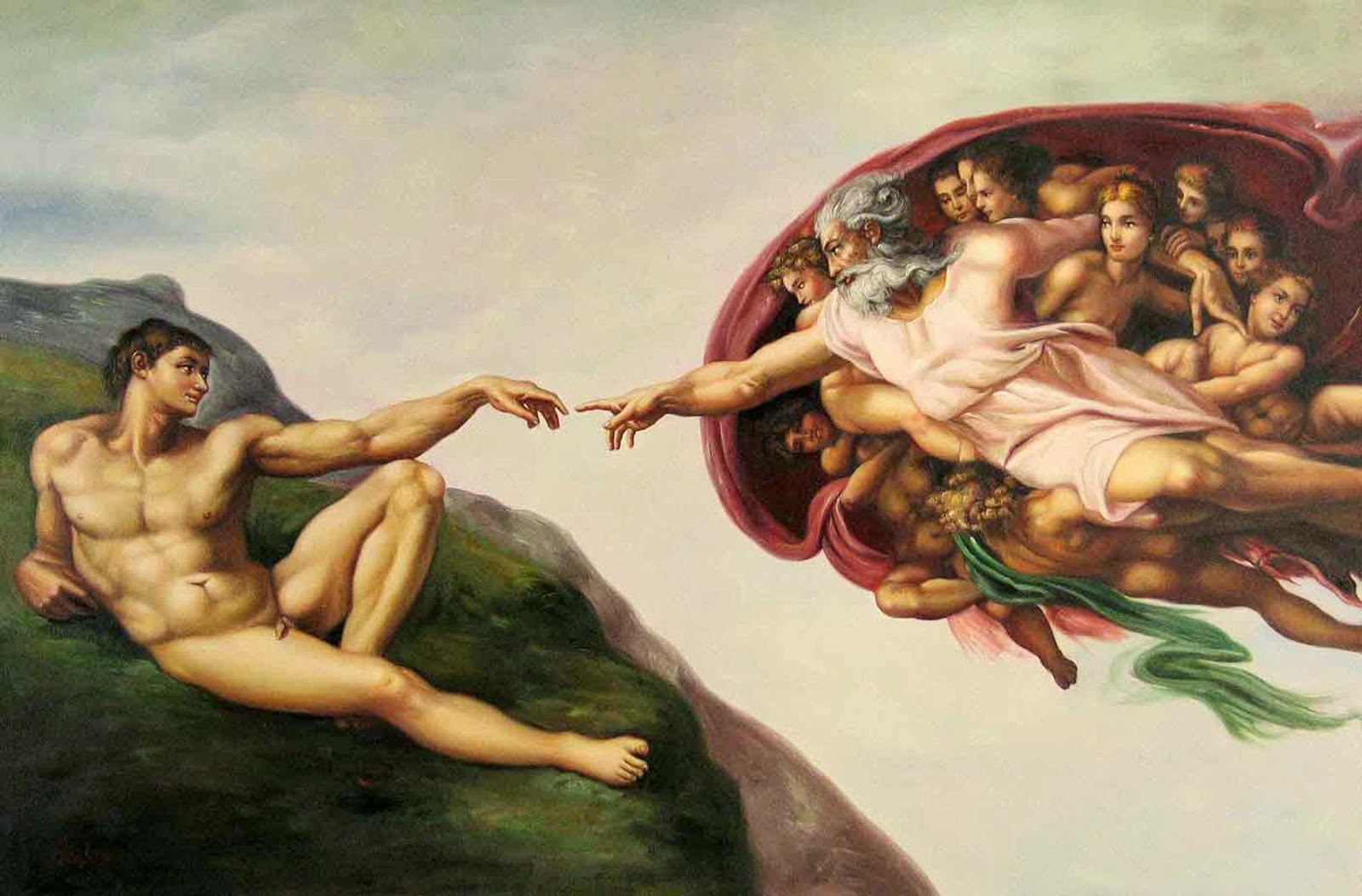Why does the Fall
matter?
I have noticed that many people find the story of Adam and
Eve, and their fall from the Garden of Eden, to be a puzzling chapter in the
story of our shared Judeo-Christian faith.
Many find it hard to account for because it doesn’t seem to fit with
modern notions of the origin of our species.
Others struggle with the difficulties that arise over what seem to be
difficult doctrinal issues surrounding the fall. I have even heard Mormons refer to certain
aspects of the fall of Adam and Eve as “deep doctrine” as if it is some
incomprehensible mystery which cannot fully be understood or explained. Even those who accept the importance of the
Fall of Adam and Eve sometimes struggle with the full significance and meaning
of the fall, because the fall is so complex in its ramifications, and the full
meaning of the events and symbols used in the accounts of the fall can be
confusing and may even be perceived as contradictory to our limited
understanding.
Due to these and other difficulties, some are tempted to dismiss
the fall as a mere fable, and one that is no longer relevant to us today. However, this could not be further from the
truth. As modern day prophets have
repeatedly pointed out, it is crucial that each of us gain a good understanding
of the events and significance of the fall of Adam and Eve, and to do so is
actually fundamental to fully celebrating one’s faith.
“Just as a man does not really desire food until he is
hungry, so he does not desire the salvation of Christ until he knows why he
needs Christ.
No one adequately and properly knows why he needs Christ
until he understands and accepts the doctrine of the Fall and its effect upon
all mankind.” (Ezra Taft Benson, “The
Book of Mormon and the Doctrine and Covenants,” Ensign, May 1987, 85).
“The simple truth is that we cannot fully comprehend the
Atonement and Resurrection of Christ and we will not adequately appreciate the
unique purpose of His birth or His death—in other words, there is no way to
truly celebrate Christmas or Easter—without understanding that there was an
actual Adam and Eve who fell from an actual Eden, with all the consequences
that fall carried with it.” (Jeffrey R.
Holland, “Where Justice, Love, and Mercy Meet,” Ensign, May 2015, lds.org).







